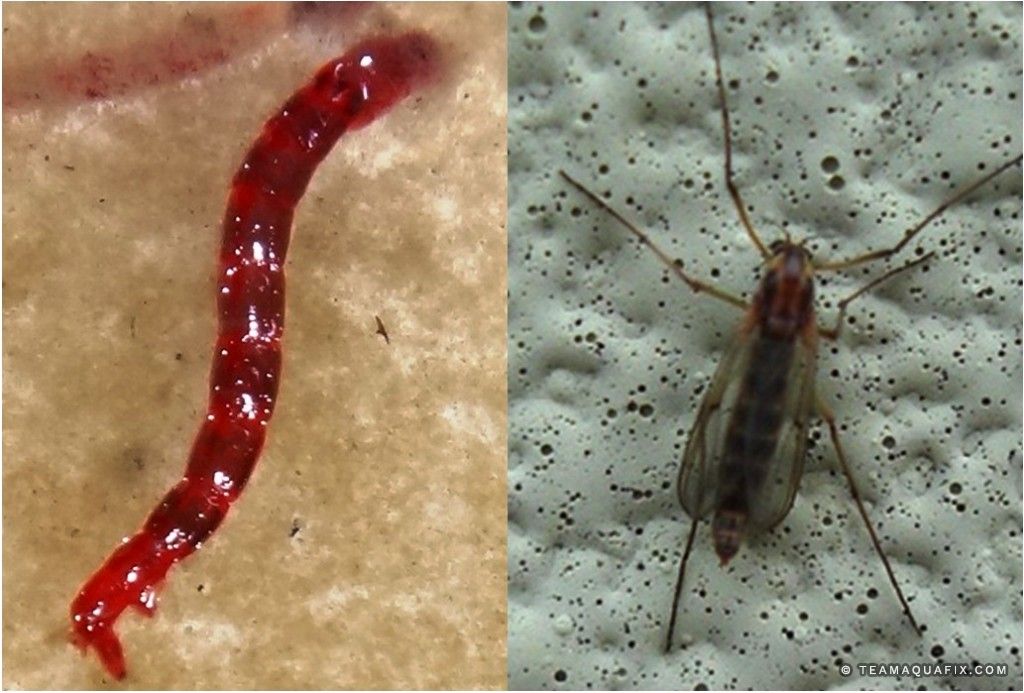Why Red Wigglers Are Vital for Organic Farming
Red wigglers play a pivotal duty in natural farming, largely through their unique ability to decompose organic products and improve soil health and wellness. The degree of their influence on farming practices and dirt biology increases interesting inquiries concerning the future of organic farming.
Function of Red Wigglers in Soil Wellness

Additionally, red wigglers improve soil structure by producing channels as they burrow. These channels enhance oygenation and water infiltration, advertising a much healthier root atmosphere. Their task additionally helps in preserving optimal wetness degrees, which is vital for healthy and balanced plant growth.

Benefits of Worm Castings
Worm castings, the nutrient-rich excrement generated by red wigglers, act as a powerful amendment for natural farming. These castings are loaded with essential nutrients such as nitrogen, phosphorus, and potassium, which are essential for plant development. Unlike synthetic fertilizers, worm spreadings release nutrients slowly, providing a consistent supply with time and decreasing the risk of nutrient leaching and overflow.
In addition, worm castings improve dirt structure and oygenation, promoting much healthier origin systems. Their high raw material web content boosts moisture retention, making it possible for plants to better hold up against drought conditions. Furthermore, worm spreadings consist of useful bacteria that sustain plant health by reducing pathogens and boosting vitamins and mineral uptake.
The application of worm spreadings can result in increased plant returns and boosted top quality of produce, making them an important source for natural farmers. Their use additionally straightens with sustainable farming techniques, contributing to dirt fertility without the adverse ecological impacts related to chemical fertilizers. Overall, the unification of worm spreadings right into agricultural methods cultivates a much more resilient and productive ecological community, highlighting the value of red wigglers in natural farming systems.

Enhancing Nutrient Cycling
(red wiggler worms)Nutrition cycling is an important process in chemical-free farming, and the integration of red wigglers plays a crucial role in improving this cycle. These earthworms add significantly to the failure of natural issue, assisting in the makeover of complex organic products into simpler, extra easily accessible eisenia fetida for sale nutrients for plants. As red wigglers eat decaying natural issue, they eliminate nutrient-rich castings, which are bristling with beneficial germs. This microbial activity additional help in the decomposition procedure, making certain that important nutrients are conveniently available for plant uptake.
Furthermore, red wigglers aid to speed up the mineralization of nutrients, transforming them from inert types right into bioavailable types that plants can take in. This procedure is vital for keeping soil fertility and promoting healthy crop growth. The existence of red wigglers likewise motivates a diverse dirt ecosystem, promoting an equilibrium of nutrients that sustains different plant species.
Improving Dirt Framework
The enhancement of dirt structure is essential for fostering a healthy agricultural community, and the task of red wigglers substantially contributes to this renovation. These earthworms play a crucial duty in freshening the dirt and creating a network of channels that help with water infiltration and origin infiltration. As they burrow through the dirt, red wigglers break up compressed layers, enabling much better oxygen exchange and promoting microbial task.
Furthermore, the organic issue generated from their waste, understood as vermicast, boosts soil gathering. This process produces stable clumps of soil fragments, enhancing dirt porosity and minimizing disintegration (red wigglers). The presence of red wigglers also urges the growth of useful fungal networks, which are critical for nutrient uptake by plants
Encouraging Lasting Practices
Incorporating red wigglers into chemical-free farming methods not just boosts dirt health and wellness yet likewise advertises lasting farming approaches. These earthworms play an important duty in vitamins and mineral cycling, transforming organic waste into valuable garden compost that improves the dirt. By making use of red wigglers, farmers can successfully minimize reliance on synthetic fertilizers, thereby reducing chemical drainage and its damaging impacts on communities.
Additionally, the incorporation of red wigglers motivates the technique of recycling organic products, such as kitchen scraps and ranch waste. This waste decrease strategy not only decreases disposal costs yet also promotes a closed-loop system where nutrients are continuously returned to the soil (red wigglers). Such methods are necessary in alleviating climate modification, as they enhance carbon sequestration and minimize greenhouse gas emissions
Moreover, red wigglers boost water retention in the soil, which is important in times of drought. Their burrowing tasks develop networks that allow water to pass through deeper right into the ground, hence advertising reliable water use. Inevitably, incorporating red wigglers into chemical-free farming not just supports biodiversity but likewise straightens with the principles of lasting agriculture, providing an all natural technique to food manufacturing.
Conclusion
In conclusion, red wigglers play a crucial function in natural farming by significantly improving dirt health and wellness and fertility. Hence, the integration of red wigglers into agricultural methods is important for advertising sustainability and improving total soil top quality.